
‘I fled to the city and never looked back’: LGBTI sex education in Sydney’s Bible belt
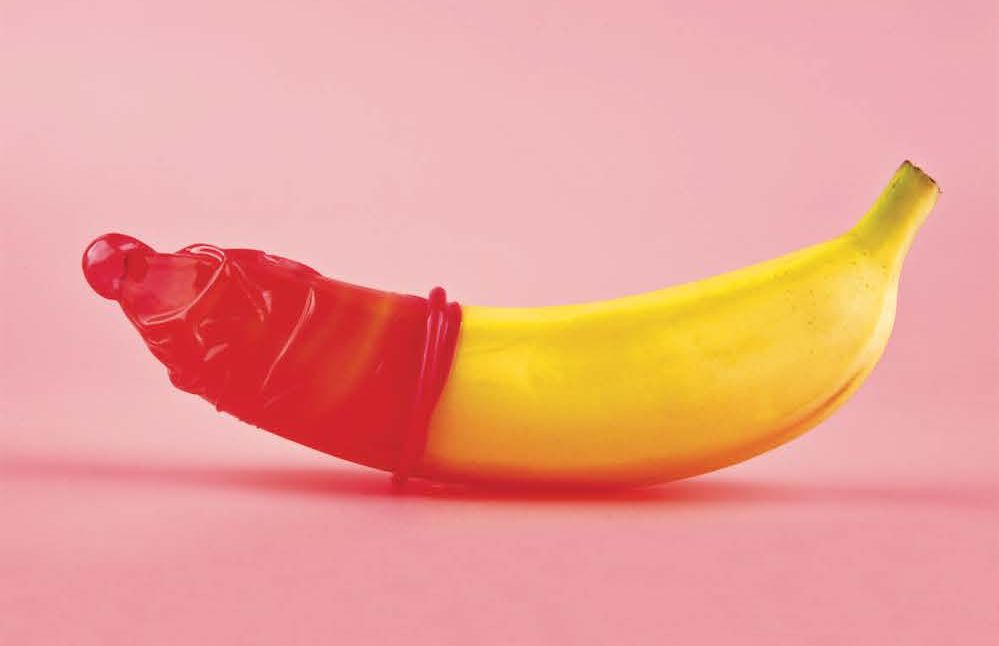
Inclusive sex education and healthcare can feel like a myth when you’re a young LGBTI person living in western Sydney. John Voutos reports.
* * *
Benjamin Jimenez is part of a group of young LGBTI people in Sydney’s west who have struggled to access inclusive sexual education and healthcare services.
Jimenez, now 30, reflects on an incident he experienced as a young 17-year-old gay man with his once trusted family doctor, that quickly turned south and led him to not see another doctor “for a very long time”.
“I thought, ‘This is the standard of healthcare that I’m receiving as a gay man… there are going to be people who are discriminatory… I’ve just got to deal with it’,” he says.
“I had no other option. I had to go down to a clinic and pick up a pamphlet. As a 17-year-old I was like, ‘I’m reading a pamphlet on gonorrhoea and I don’t know what this is.’”
The STIs in Gay Men Action Group (STIGMA) only recently expanded their geographical boundaries to cover western and southwestern areas in Sydney.
STIGMA’s gay friendly GP list demonstrates the lack of accessibility in these areas, with only eight western Sydney suburbs out of a total 68 in Sydney offering gay-friendly general practitioners.
And of the 199 gay-friendly GPs on the list, 21 are based in western Sydney, with only one specialising in working with both HIV-positive and negative gay men and only two completing STIGMA’s Gay Friendly Online Learning Module.
To counter the stigma, ACON and its partners have been holding events, workshops, and other initiatives in western Sydney to increase community acceptance, visibility, and inclusion, and to improve the overall health and wellbeing of those navigating tough situations.
Tim Wark, ACON’s peer education programs manager, says that one of the main challenges the LGBTI community faces in Sydney’s west is that the community is “dispersed and not routinely visible to other LGBTI people within their areas”.
“The spaces we create allow an LGBTI person to feel like they are not alone in their area and that they are going to be okay, which leads to far better health outcomes for the community as a whole.”
Dr Nigel Grebert, a general practitioner at Castle Hill Medical Centre in Sydney’s north-west, attests to this notion.
“LGBTI people are less assured of the response they are going to receive in western Sydney,” he says, which causes young queer people to “stay in the closet” and not “expose themselves to safety information”.
Grebert attributes western Sydney’s lack of LGBTI resources to its religious and cultural demographics.
“Castle Hill is pretty much the buckle of the bible belt,” he says.
“When you have much of western Sydney rated as ‘Areas of Medical Service Need’ (AoN), it attracts GPs who have recently immigrated,” he says, noting that “some come from countries where tolerance is not the norm”.
Josh, 21, from Sydney’s south-west, similarly attributes a lack of resources in his area to its high percentage of No voters in last year’s marriage equality postal survey.
“When I was 19, I remember going to a nearby practice with questions about sexual health, only for this older doctor in broken English to presume I was heterosexual and passive-aggressively caution me against eating girls out.
“Immediately after that experience, I fled to the city for my checkups and never looked back.”
Jimenez adds that sex education—in the classroom or a doctor’s office—is neither explicit or educational.
“It was, ‘A man has sex with a woman. He has a penis, she has a vagina’. That was the extent of it,” he says.
“So, I thought, ‘I’ll go and see my doctor’ because she seemed like the type of person that would be cool to deal with it.
“Turns out she wasn’t.”
When Jimenez told his doctor he wanted a blood test she was “bubbly, sweet” and asked him how long he’s been with his girlfriend, to which he responded that he had a boyfriend.
“Her whole demeanour changed,” he says.
“Her face shut down, she stiffened up, her arms became super rigid and she had to stop typing. She just sat there and I thought, ‘This lady is going to explode’.
“She began to ask me if my parents knew, whether they were okay with it, and how long I had been gay for. I told her my sexuality wasn’t just a t-shirt that I’ve put on and her response was, ‘That doesn’t make any sense… I used to treat you when you were little’.
“…and all of a sudden, she starts referring to my cystic acne as lesions.”
Later that week, when Jimenez went in for his results, the doctor wouldn’t see him.
“The receptionist gave me my results. I was told she wasn’t taking any more appointments for the day,” he says.
“I just thought, if she can do that and get away with it, anybody can.”




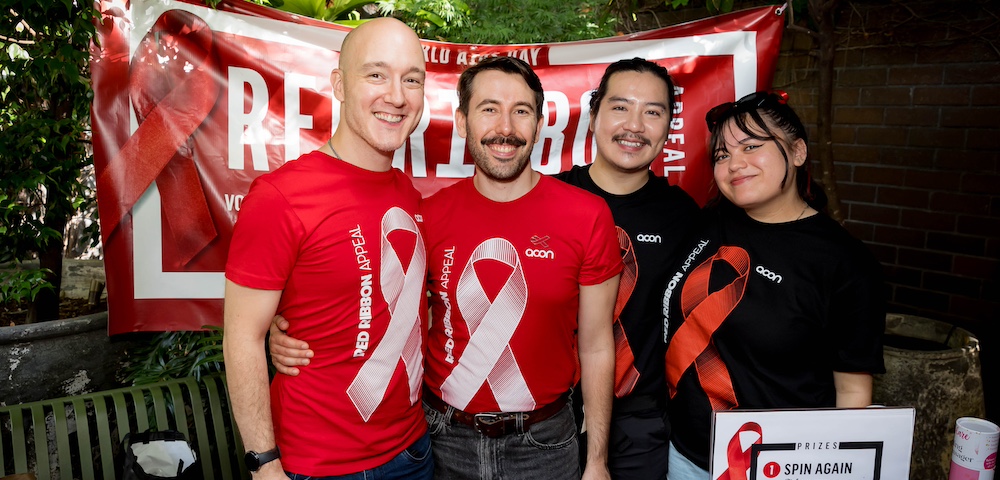
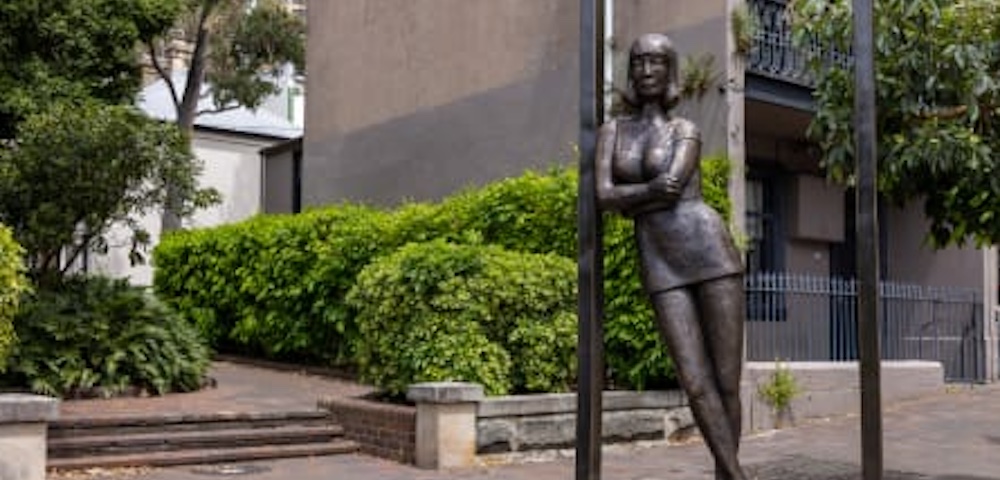
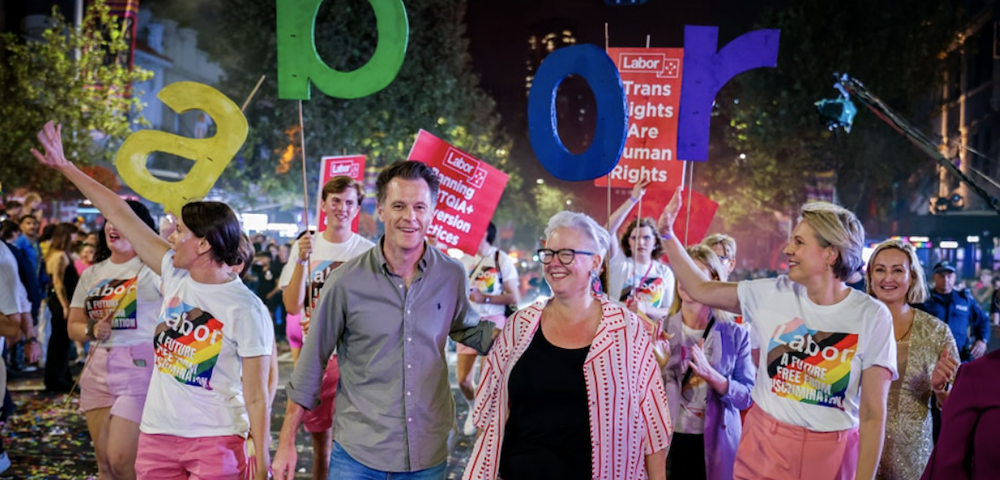
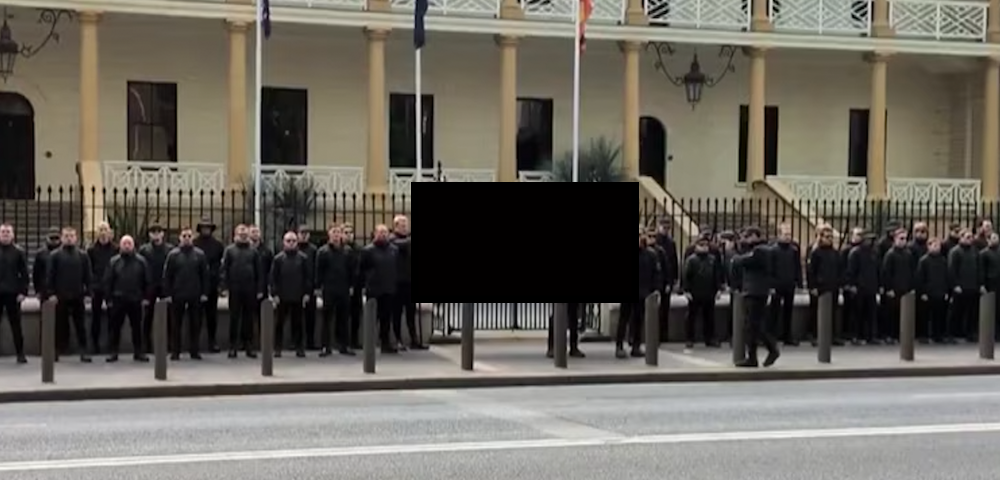
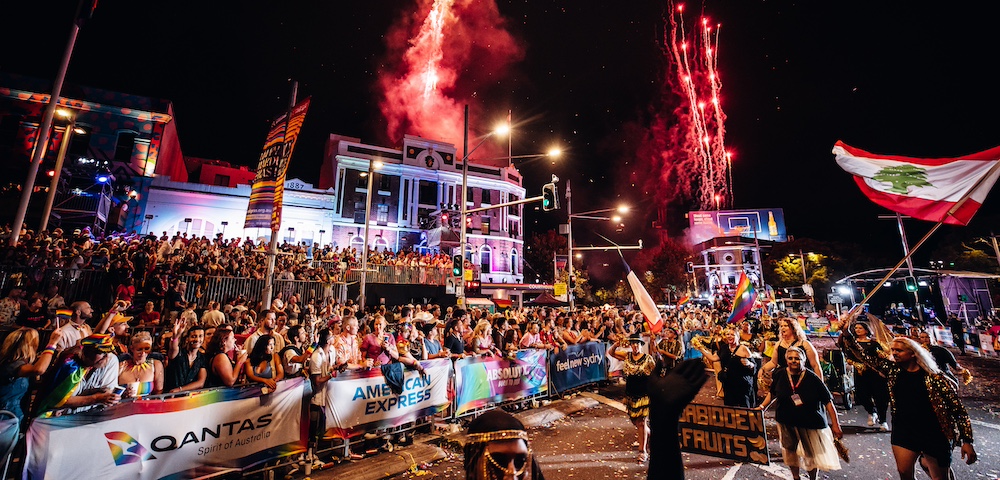

Benjamin Jimenez needs to “out” that homophobic doctor so EVERYONE knows what a sh*tty person she is.